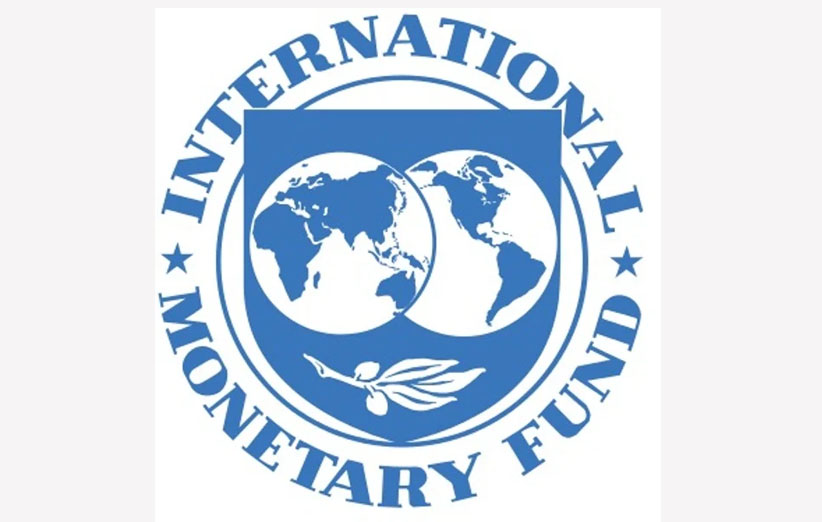(Eastern Africa) (4 minutes read)
The International Monetary Fund (IMF) is committing US$739 million in emergency funding for Kenya and US$491.5 million for Uganda to help the two East African countries to come out of the Covid-19 fallout.
According to the World Bank, Kenya’s public debt will increase to about US$ 60.3 billion this fiscal year, or 63.1% of GDP, as against equivalent to 53.8% of GDP, four years ago.
Like all other African countries, the fiscal deficit is widening Uganda, which may further increase on account of the increased government funding.
The estimate is that the fiscal deficit may increase to 8.7% of the GDP, which is quite high for any African country. Also, it has a public debt of US$ 13.5 billion as of end 2019 and most of it -65% or so -owed to the foreign creditors.
The International Monetary Fund (IMF) is committing US$739 million in emergency funding for Kenya and US$491.5 million for Uganda to help the two East African countries to come out of the Covid-19 fallout.
The Rapid Credit Facility will beef up Kenya’s foreign exchange reserves to overcome the severe balance of payments shortfalls this year. It will also provide resources to boost public health. The funding is also targeted to give both households and businesses some support to get over the pandemic impact. The pandemic had affected all sectors of the Kenyan economy, which is one of the largest economies in the East African region, such as tourism, agriculture, manufacturing, ,mining and exports particularly cut flowers, fruits and vegetables. This has severely impaired the remittances. IMF has also told Kenya to pursue growth-friendly measures, which include strengthening revenue collection, once the crisis subsides to reduce debt vulnerabilities.
According to the World Bank, Kenya’s public debt will increase to about US$ 60.3 billion this fiscal year, or 63.1% of GDP, as against equivalent to 53.8% of GDP, four years ago.
In the case of Uganda, where the pandemic has been controlled through strict surveillance, heavy rains had played spoilsport. Like all other African countries, the fiscal deficit is widening Uganda, which may further increase on account of the increased government funding. The estimate is that the fiscal deficit may increase to 8.7% of the GDP, which is quite high for any African country. Also, it has a public debt of US$ 13.5 billion as of end 2019 and most of it -65% or so-owed to the foreign creditors. One silver lining for the East
African country is its coffee exports and is credited as the largest exporter of coffee from Africa. This would likely to go up in the coming years, bringing in some brownies to the economy.





